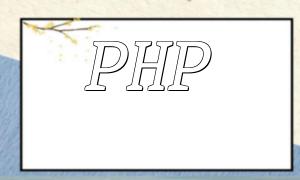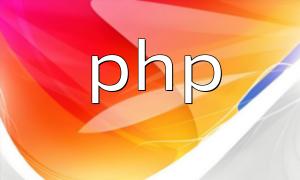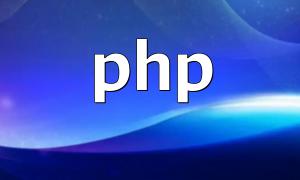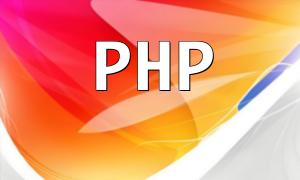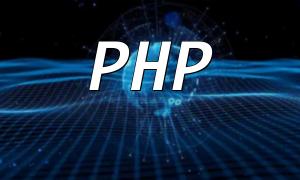PHP frameworks significantly improve code readability by providing predefined code structures and development guidelines. They standardize code organization, naming rules, and formatting, enabling team members to understand and collaborate more easily.
Most PHP frameworks adopt clear architectural patterns such as MVC (Model-View-Controller), which separates code responsibilities into layers:
This clear separation helps developers quickly locate code and understand program flow.
PHP frameworks usually enforce naming rules for variables, functions, and classes to ensure code consistency and predictability. For example:
These conventions make the code's intent more intuitive, facilitating teamwork and maintenance.
Frameworks enforce consistent code formatting, such as parameter and return type annotations in functions, as well as uniform indentation and line breaks. These standards unify the code style and reduce comprehension barriers.
For instance, Laravel requires:
$myVariable
getPosts()
PostController
Following these conventions improves code clarity and helps new team members quickly get up to speed.
By standardizing architecture, naming, and formatting, PHP frameworks effectively enhance code readability and maintainability. Good coding practices ensure consistency across projects, reduce communication overhead, and enable development teams to collaborate efficiently and scale applications smoothly.
